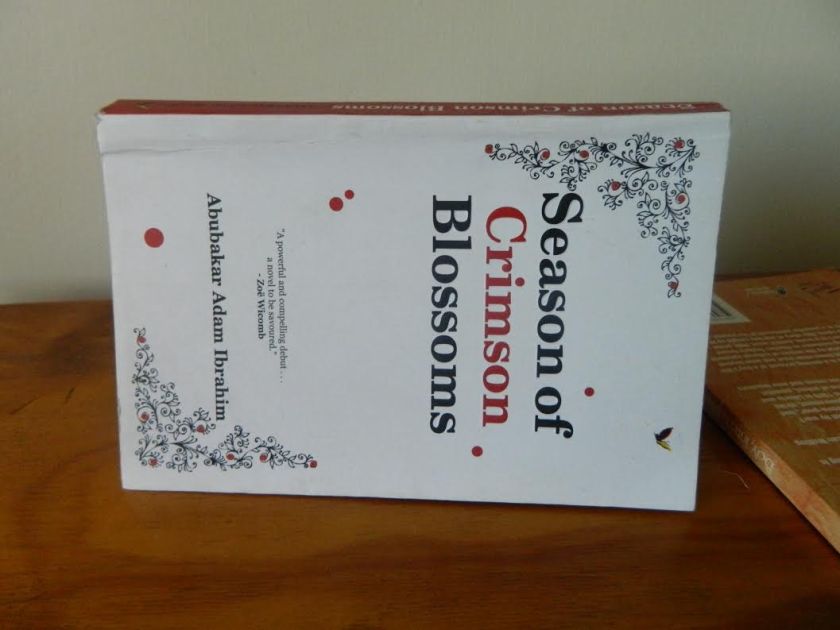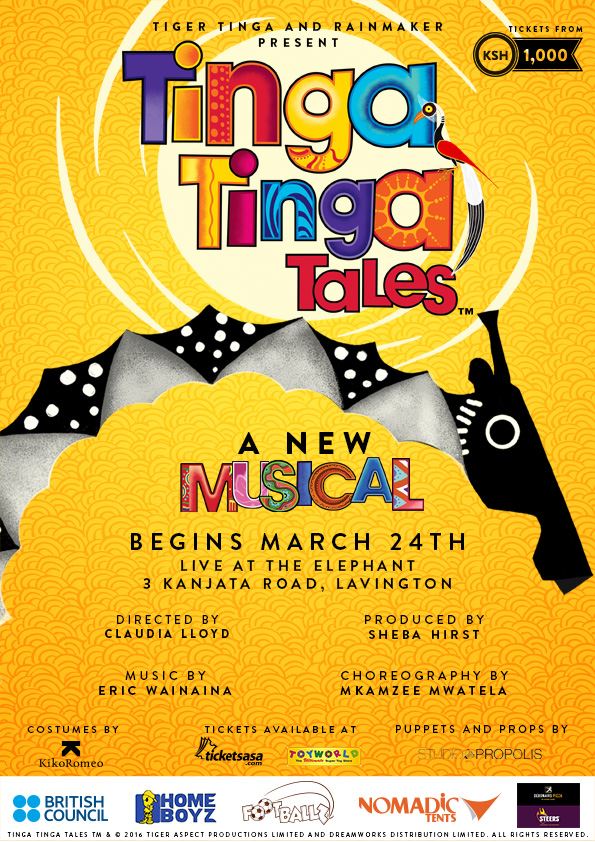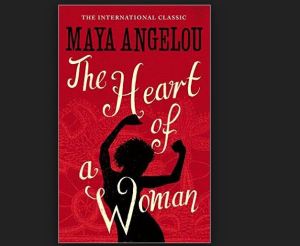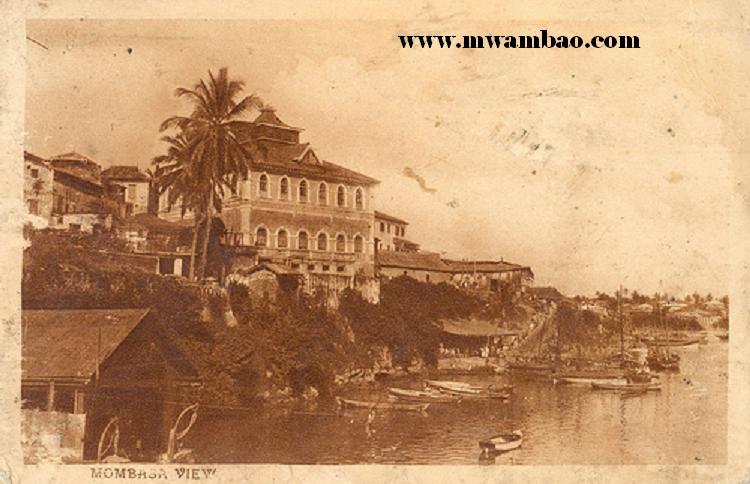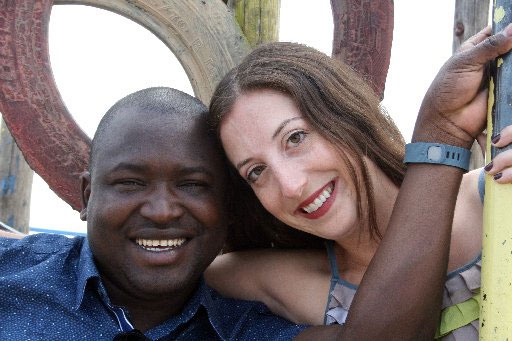
The love between Kennedy Odede, 31, and Jessica Posner, 29, is so effortless and palpable to anyone in their presence, it is unbelievable how far apart their worlds were before they met almost nine years ago.
Jessica’s journey from Denver, USA, to Gatwekera in Kibera, started with an email to Kennedy in 2007, requesting to work as a volunteer at his organisation, Shining Hope for Communities (SHOFCO), which he had started as a 15-year old. His aim was to make a positive change in his community, no matter how small. Jessica had learned about him through a friend that had visited Kenya six months earlier.
“Send me your CV,” was Kennedy’s swift response to her email.
Unperturbed but slightly surprised that her offer to volunteer her services was met by a request for her CV, Jessica, then 21, sent it anyway.
Kennedy laughs at the memory.
“I was a Garvey-an,” he explains, referring to Marcus Garvey, a Jamaican political leader who was a staunch proponent of the Black Nationalism and Pan-Africanism movements.
“I did not want to rely on a mzungu for help, since I believed Africans can solve their own problems. I thanked her for offering to volunteer, and then went ahead to explain that SHOFCO was looking for skills that would add value to us,” he adds.
It turned out Jessica, then a student of theatre studies at Wesleyan University in Connecticut, had the experience and education to match what was needed.
There was more to Jessica’s request.
She wanted to live with Kennedy and his family in Kibera during her volunteer period, to which Kennedy responded with a resounding no.
“I insisted. My reasoning was that if he could live there, why couldn’t I? Whenever someone tells me no, I set out to prove them wrong,” explains Jessica with a smile.
He wrote back that he lived a very modest life and could not imagine her surviving without running water or electricity.
He was referring to the single room he had rented in Kibera and which he shared with his seven siblings.
Jessica insisted on living with him even after her first visit there and his consistent Nos.
“I had no idea what I was getting myself into,” she admits.
The stark reality hit her when she moved into Kennedy’s single room and had to bathe herself from water in a bucket in the middle of the room.
“I was trying to take a shower in a bucket and realised I had no idea about how to cope with the reality of not having running water,” she says.
“I remember my neighbours kept knocking at my door, asking if the mzungu I brought to my house was still alive. We were all so sure she would not survive,” adds Kennedy, laughing at the memory.
That single email launched a bond that has stayed on for almost a decade, and has seen the couple, now married for nearly four years, grow both the SHOFCO movement and their relationship from strength to strength despite the glaring differences in their backgrounds.
Jessica in Denver
Jessica had a blissful childhood. Born in Denver in 1986 as the first born child of a family of three children, she grew up in a beautiful house in Denver, with her days spent playing hide and seek and tag with her siblings, sometimes until early evening.
“It was a happy childhood and I realised later how privileged I was as a child. I went through life knowing exactly what I wanted from it, went on to a public school and eventually to a good college,” says she.
She decided to study abroad in Kenya, and shortly after making this decision a friend who had visited Kenya six months earlier told her about Kennedy’s organisation.
“It’s true, he asked me to send my CV. In retrospect, it was not a very welcoming response but after I arrived in Kibera, I realised that I could never really understand the challenges and opportunities there the way he did,” says Jessica.
Kennedy in Kibera
Kennedy’s childhood too, was idyllic, or so he thought as he saw the world from the lenses of a five year old boy. It wasn’t until he was six years old and rummaging through the dustbin for food in Langata Otiende with his friends that he realised that there was a world beyond Kibera that existed, one where people had so much food that they could afford to throw it away.
The poverty that Kennedy and his family went through when he was growing up in Kibera was so engulfing that even their poor neighbours thought they were too poor to mix with them or their children.
A neighbour once forcefully removed their clothes from the line and stomped on them, claiming their clothes would infect theirs with the lice and fleas they held. The reality was that Kennedy’s family could hardly afford to buy water, let alone soap, and would often fetch water from the sewage, which his mother would try to filter using sand.
Extreme poverty and domestic violence were the order of the day in their household, but amidst this, Kennedy still held on to the hope that things could one day change.
A young Kennedy, wise beyond his years, with an extraordinary curiosity, hopefulness and eagerness for learning but whose parents could barely afford to feed him, let alone to educate him, implored upon his neighbour and childhood friend to teach him all that he had learned in school.
Most evenings, the little student would transform into Kennedy’s teacher, teaching him how to count and read, just as he had been taught in school, and sharing his homework with Kennedy. And just like that, he learnt basic reading and writing.
Despite this, his hope eventually turned into despair, which saw him take to the streets and join a gang of boys who, among other things committed petty crimes and used glue.
“I became an angry child, I smoked bhang, sniffed glue and stole from people when begging did not work,” he offers.
His mother, who was dealing with her own struggles and challenges, let him be, and he lived on the streets from the time he was 10 years old until he turned 13.
It was not until his best friend died in the hands of a mob that Kennedy abandoned the path of crime his life was leading to.
He was so eager to turn his life around that he started volunteering his services of cleaning dishes and working as a waiter to a woman who ran a food kiosk in Kibera in exchange for food. It was while conducting his duties one day that he met a white priest, a bright light in his otherwise dark life.
“I used to pinch my nose and mimic a ‘white man’s’ greeting. He was amused at my antics and our conversations soon led to him offering to sponsor me through secondary education when he realised my predicament,” says Kennedy.
He struggled to catch up with his classmates, having had no formal education thus far, and with the priest’s encouragement, eventually caught up. He, however, did not manage to complete his secondary school education as his sponsorship was cut short when the priest left the country.
His passion for acquiring knowledge did not die when his dream of getting educated ended, and he surrounded himself with books by Marcus Garvey, Nelson Mandela, Martin Luther King and Rosa Parks, which were donated to him by a different priest who recognised his passion for reading.
“I was in and out of school a lot but mostly out. I had a different kind of education that serves me today. An education of people, community, street and experience,” he adds.
He took on manual jobs to make ends meet, and would often walk all the way from Kibera to his look for work in Industrial Area but one day gave up on living such a life when he found his friend’s lifeless body hanging from a rope in his house, with the suicide note left behind saying he could not take the kind of life he was living anymore.
With the knowledge acquired from the books as his driving force, he used Marcus Garvey’s ideologies to convince a group of his peers that they did not need money to come together and make a difference in their community. That simple acts like cleaning the streets, collecting garbage or protecting their womenfolk did not require money. It was from this speech that the SHOFCO movement was born, attracting international attention only four years after its inception and earning Kennedy an invitation to speak at the World Social Forum, where Jessica’s friend first saw him make a presentation about the challenges of living in Kibera.
Her received Jessica’s email soon after this.
“I thought she was insane. Receiving that email from some stranger across the world was intense but after she showed up in Kibera there was an immediate spark we both felt. There was something between us that seemed as if we had met very long ago. I admire her boldness and bravery. Her determination has gotten us through so much,” says Kennedy.
First meeting
“I’m coming,” was Kennedy’s response on the phone one a half hours after he had promised to pick up Jessica from the Adams Arcade stage along Ngong road.
Slightly miffed, she wondered why her host would be late to pick her up.
Later, she learned that Kennedy had no bus fare to get him to Adams from his place of work as a janitor, and had decided to walk to the meeting place.
He walked with her through Kibera for the next two days with her hands firmly tucked in his.
“It’s the Kenyan culture to hold hands,” he had explained it away when she asked.
“I asked around about this Kenyan culture which he had assured me was all it was, but was told no such thing existed,” Jess remembers with a laugh.
So why did she trust Kennedy enough to move into his single room even though they hardly knew each other?
“I am a very instinctual person. I just had a gut instinct and a good feeling about him,” says Jessica with a gentle smile.
Kennedy knew he liked her from the beginning but despite sharing a room for a whole month, it wasn’t until Jessica fell ill with malaria and he was gripped with the fear of losing her that he revealed his feelings.
Jessica got admitted to the Nairobi hospital for treatment where she spent a week drifting in and out of consciousness.
Kennedy walked from Kibera to Nairobi Hospital every day to visit her.
“I had never visited Nairobi Hospital before obviously, and seeing her lying there, I thought I was going to lose her before I told her how I felt. In my culture, it would mean bad things if she died without me having told her how I felt, so one day when I was sure she was asleep, I whispered into her ears: ‘I love you, Jessica’ and ran out of the hospital very fast back to Kibera, just in case she heard me as I was scared,” says Kennedy, laughing at the fond memory.
“I was feverish and had been having strange dreams during my time at the hospital, so I was not sure whether it was a dream or not, and I realised I just had to ask him whether I had been dreaming or if he had actually told me that he loved me,” adds a smiling Jessica.
So how did she feel when he confirmed his feelings for her?
“I was a bit overwhelmed,” she says, but thankfully shared the same sentiments, and a relationship blossomed.
Going back home
Their relationship was now two months old but Jessica’s semester abroad had ended and she eventually had to go back home, pretty sure that the romance was over as a long distance relationship would be unsustainable, but they still kept in touch, which was how she got to learn that as a Luo man, in the heart of Kibera in Post-Election Kenya in 2008, Kennedy was a prime target for violence. His friends around him died, and he escaped death narrowly, partly because he was fluent in both Luo and Kikuyu.
Jessica rallied her friends and family to get him funds to help him flee to Tanzania, and then through sheer determination, implored upon several universities to admit the brilliant young man even though he had no formal certificates and only a few years of formal education, which was no mean feat, but unsurprising for a woman who, in her own words, never takes no as a final answer.
“I may have travelled to America for my undergraduate studies but the best education I ever got was the PhD I got from the streets,” says Kennedy, laughing heartily at the statement as only a man who is at peace with his past can do.
“My father shed tears when he first saw Kennedy,” says Jessica. They were tears of compassion and acceptance. Jessica had prepared her family to meet the remarkable young man who had overcome odds to finally join an American university.
Her family has been fully supportive of the relationship, even if hers is the first interracial relationship in the Jewish family.
“My grandparents obviously had a more difficult time accepting it because they come from a different generation, but they eventually came around,” says Jessica.
Kennedy’s father, on the other hand, had grilled Jessica while she was in Kenya about her intentions with his son, and was satisfied with her responses. Upon giving his approval, his only question was how they would bring the cows to Denver. Today, Jessica enjoys a close relationship with her in-laws.
Kennedy, who graduated with a degree in sociology and is a trustee of the university, used his leadership skills to rally support for the SHOFCO movement back home. Jessica is a distinguished alumni of the college as well.
One is tempted to ask what she saw in him then that no other woman did?
“Kennedy is the love of my life, you can’t help who you love and when I met him I realised he was a visionary, and that his dream was so big that SHOFCO was just the beginning. I am lucky that he gave me this opportunity to be part of this dream.”
“I remember that as a young man working in the factory, I could not even dare approach a woman. My clothes were tattered and I smelled of sweat. Besides, when you cross over to the other side of Kibera, the women speak in English, and I was not confident at all to speak it. When I started SHOFCO, it became my wife, I was fully invested in it,” he says.
“He is so brave and doesn’t ever think about what is impossible. When he has an idea, he makes it happen. He doesn’t stop, he doesn’t blink or hesitate, he moves! He has also stayed humble despite all his achievements and does not take the love from his people for granted,” Jessica adds.
“I believe in humanity. I’ve come to accept that the beauty of life is not what we own materialistically but what we own inside us. And this are the values such as humility, love, family, friends and touching others people’s lives positively,” says Kennedy.
Kennedy and Jessica plan to start a family soon, and currently they live with Kennedy’s youngest sibling Hillary, who they took in when he was three years old. He is now 10. He calls them dad and mum.
The couple penned their love story in the New York Times bestselling book Find Me Unafraid.
About SHOFCO
Kennedy Odede started Shining Hope for Communities (SHOFCO) in 2004 with passion, 20 shillings and a soccer ball. Growing up in Kibera, one of the largest slums in Africa, he experienced extreme poverty, violence, lack of opportunity, and deep gender inequality.
In 2007, Kennedy met Jessica Posner, a bright and driven American student studying abroad. Together they devised the model that SHOFCO utilises today. SHOFCO’s innovation is to link girls’ education to deeply-needed community-wide services. The SHOFCO model is centered around a school that provides a superior education with free healthcare, food, and psychosocial services. The school gives students the support they need to complete their education and the tools to find a path out of poverty for themselves and their families. From the school, SHOFCO extends holistic community services beyond the families of students to the entire community. We identify the services people value most, like clean water, quality health care, and economic empowerment opportunities. . How, for instance? This increases the value of girls and women, invites both genders to participate in the solution, and allows girls’ schools to be portals for large-scale social change.
About their book
Kennedy and Jessica Odede have captured the story of their lives in the New York Times bestseller Find Me Unafraid, which is currently available on order online via Amazon.
“The book has been an idea, a dream even, for many years. So many people have encouraged us to share our story and by a sequence of events the world allowed us to have the time to write. That being said it did take us about three years to write it,” says Kennedy.
“We are thrilled it became a NY Times bestseller and humbled that the world has so openly welcomed our story,” adds Jessica.
Awards Won for their work with SHOFCO
Jessica Posner Odede
Echoing Green Fellow, Named Top World Changer under 25 by VH1, WomenSphere Global Leader and Wesleyan University Distinguished Alumni.
Kennedy Odede
Echoing Green Fellow, World Economic Forum Young Global Leader, Forbes 30 under 30, Business Daily 40 under 40, and Wesleyan University Trustee.
An edited version of this story appeared in the Daily Nation.

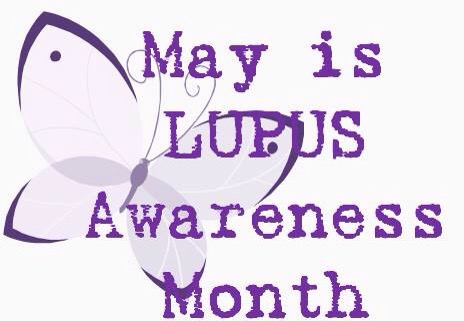

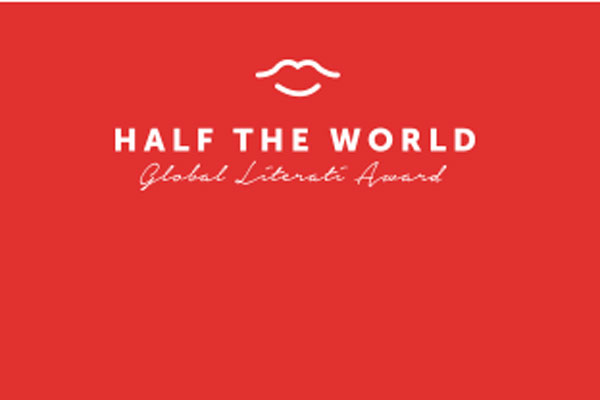 US$50,000 literary award for original work with a central woman protagonist
US$50,000 literary award for original work with a central woman protagonist